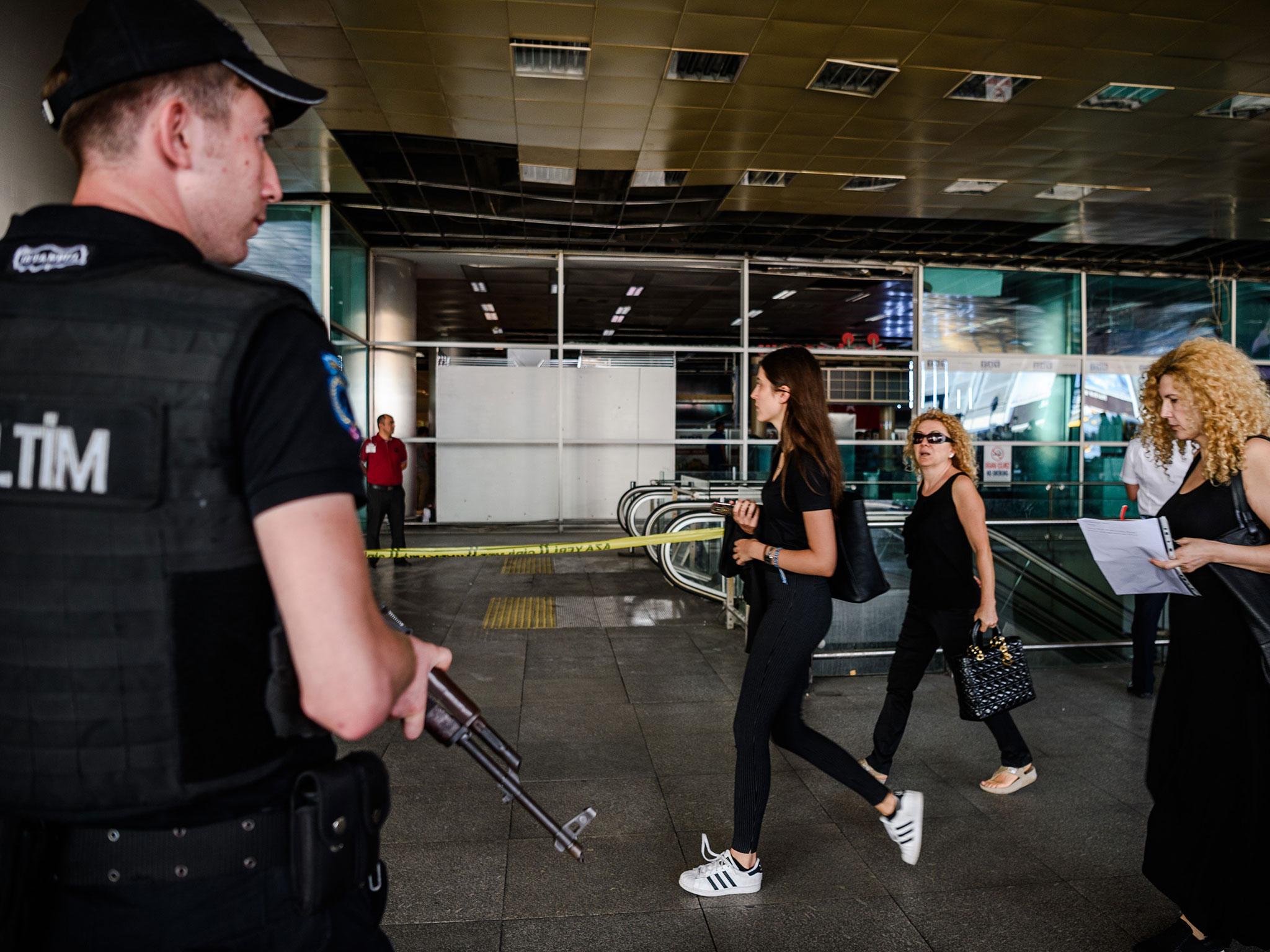The business of travel: why we'll continue to fly after Brexit and the Istanbul attacks
There are ways to minimise risk, but ultimately we need to travel

Risk: anyone in business knows about it, and indeed over the past 10 days the uncertainty of everything from the UK’s credit rating to the future legal location of easyJet has been a cause for concern.
After the vote to leave the EU, I talked to the bosses of the airlines on which you are most likely to be flying: easyJet, Ryanair and IAG, the holding company of British Airways.
With an economic downturn looking increasingly likely, airlines - as always - are more susceptible than businesses in more profitable industries. And they could all be affected to some extent if the UK is shut out of the "open skies” deal that allows them to fly between any two EU airports.
Carolyn McCall, CEO of easyJet, had notably campaigned energetically to Remain. But she insisted not much would change: “As far as we’re concerned, we want to keep going exactly as we’ve been doing.”
For the next couple of years, nothing changes. But after that if the UK gets shut out of the EU single market for aviation, easyJet will need to acquire an Aircraft Operating Certificate (AOC) from one of the 27 remaining member states. “That is just more complicated, but of course we can do it.” It could be that the legal HQ moves from the bright orange hangar at Luton airport, but that would be little more than a legal nicety. IAG, which owns British Airways, is registered in Spain, but practically all of its HQ staff are based at Heathrow.
Talking of IAG: the firm’s chief executive, Willie Walsh, dismissed any pessimism: “The idea that people in the UK will stop flying or people will stop flying to the UK is just nonsense. So we’ll continue to fly, we’ll continue to look for opportunities to expand our network and seek out brave new destinations to fly to.”
But his countryman, and counterpart at Ryanair, Michael O’Leary, said British passengers would have less choice and higher fares as a result of voting for Brexit: “I think there’s going to be less flights, there will be less growth in the UK in the next number of years and that inevitably means higher prices for UK consumers and visitors.” That’s not great news for, say, SMEs trying to keep a lid on corporate travel costs - nor for Ryanair itself, as it seeks to reposition itself as the business traveller’s best friend.
Risk can be much more serious than just a financial downside. Brussels airport remains full of police and soldiers after the attacks in March. And later on Tuesday, as I travelled back from the Belgian capital, news came through about the murderous attack on Istanbul airport.
Unlike Brussels, the main airport in Turkey is one of Europe’s “big five,” along with Heathrow, Paris CDG, Frankfurt and Amsterdam. Last year it overtook Frankfurt in passenger numbers, and was on course to do the same this year to Paris.
In an average hour, 7,000 passengers pass through the airport. The intention is for Istanbul to grow rapidly to become a hub to rival Dubai, with Turkish Airlines already flying to more destinations worldwide than any other carrier - and the most important airline in Africa.
It is very difficult these days to hijack a plane, but as the attacks in Istanbul and Brussels capital showed, the public areas of airports are vulnerable to suicidal terrorists. Attacks on airports have a global impact in every sense. Many different nationalities are in the line of fire, and the effects on normal international travel can be immense.
So how should you, as a business traveller, respond to this latest atrocity, which killed more than 40 people? Keep calm, carry on, and reduce your “dwell time”.
I try to time my arrival at any international airport to just one hour before departure. I don't hang around in any publicly accessible area, and get through the security checkpoint as quickly as possible - experience shows that passengers “landside” are much more vulnerable than those “airside”. At Istanbul on Tuesday, transfer passengers were never at risk.
The risk associated with the flying component of air travel is negligible. The ground component, sadly, is getting riskier. But overall the danger remains tolerably low, and a bigger risk is that we reduce travelling and surrender the many rewards it brings.
Join our commenting forum
Join thought-provoking conversations, follow other Independent readers and see their replies
Comments